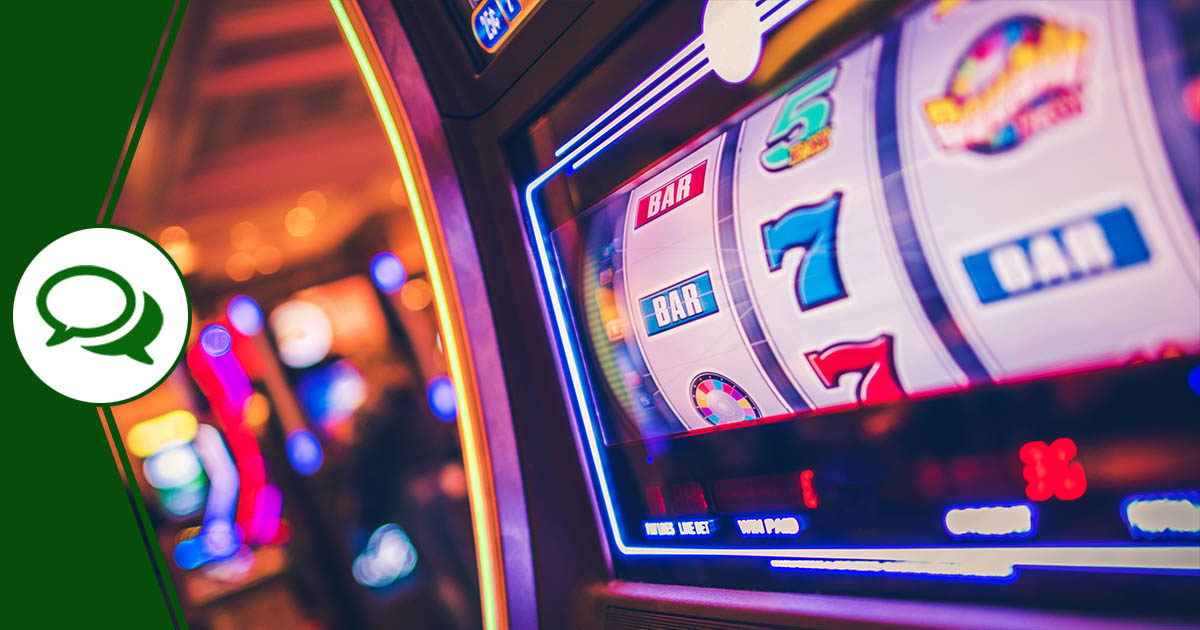
A slot is a position in a group, series, or sequence. It can also refer to a particular expansion slot on a computer motherboard, such as an ISA, PCI, or AGP slot. It can also refer to the location on a football field where a player lines up with a wide receiver for running plays or sweeps.
In the context of casinos, a slot is a designated space for a coin or paper ticket with a barcode, which activates a machine to pay out credits based on the game’s rules. Most slots are themed, with symbols and other bonus features aligned with the overall concept. Modern machines use microprocessors to assign different probabilities to individual reel stops, and the appearance of winning symbols is disproportionately weighted compared to their actual frequency on each physical reel.
Despite their high payouts, slot games are a dangerous form of gambling. Studies have shown that people who play them reach a debilitating level of involvement with gambling three times faster than those who do not. This is because the instant gratification offered by these games is highly addictive, and it is difficult to stop playing once a person begins. In addition, many slots are designed to keep players hooked through frequent and unscheduled reloads, which make them more likely to continue playing even after they have run out of money.
Slots were originally installed in casinos as a diversion for casual gamers and to attract patrons who might otherwise have visited other gaming establishments. They quickly became the most popular and profitable form of casino entertainment, generating 60 percent of the industry’s profits. Because they do not require any gambling knowledge or skill, slot machines are accessible to the majority of the population.
Most jurisdictions require that slot machines pay out at least a minimum amount to players. In Nevada, for example, 85 percent of the money that is put into a machine is paid out to players. This may not seem like a lot of money, but it is more than most people would be able to afford to gamble with if the machines did not return any winnings.
If you are thinking of trying your luck at a casino, be sure to read reviews and look up the RTP percentage and volatility of each machine. These factors will determine if you are likely to be a winner. In addition, it is important to choose a machine with an attractive jackpot. Also, pay close attention to the number of winning combinations and how often they occur.